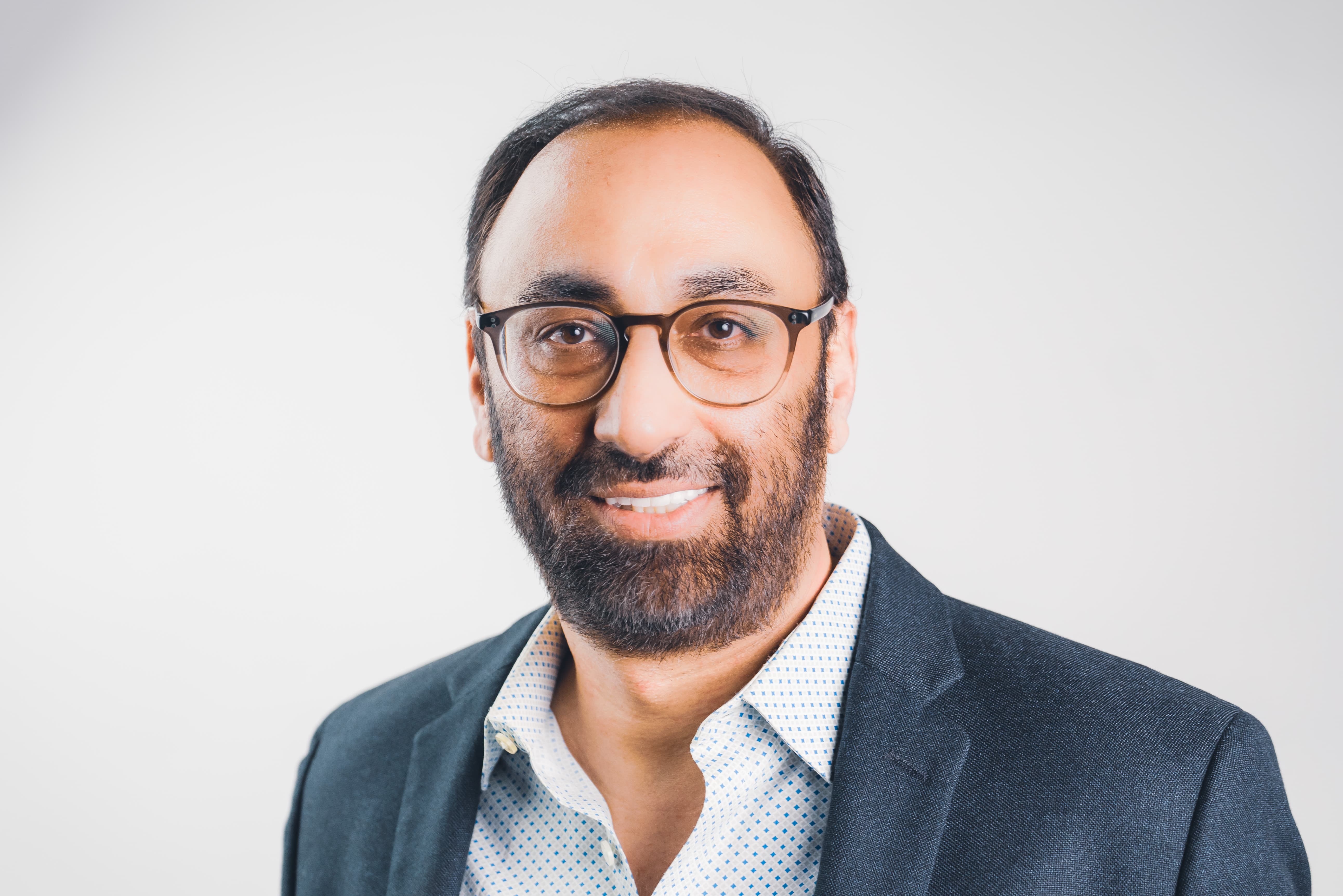CircleIt Founder & CEO, Art Shaikh, recently spoke with Modern Professional Magazine about his journey and the lessons learned along the way.
Most startups fail. News stories pop up everyday of startup companies failing and laying off employees. Chicago startups are not immune to this phenomenon. Recently, Cameo, a Chicago-based startup, announced they were laying off a quarter of their staff. It is in this difficult climate that Founder & CEO of CircleIt, Art Shaikh, is building his company and making plans to double the size of the team by the end of 2022. As he explained to Modern Professional’s Howard Rapp: “[The startup failure rate] is well-known to the investing world. So you have to overcome this ingrained narrative that almost all ideas fail and that you will too. I have always told my team that if we keep putting our heads down to do the work, the proof will override any doubts. And so far, that has been the case.”
In his discussion with Modern Professional, Art discusses this and the journey of founding a global tech startup.
The Early Stages of a Founder's Journey
 Rapp asked Shaikh about what it was like early on. Art had this to say: “At first, I was working my full-time job at Salesforce and trying to get the company started. It seemed almost impossible that I would give up my career to go all-in on this journey. I think this is common for any founder, especially those in their 40s. There is a bias toward youth in the tech world, and there are many reasons for that. This is why middle-aged folks don’t find most tech startups. But I knew it would be an advantage because I had experience on my side and an idea that would change the world on a fundamental level.”
Rapp asked Shaikh about what it was like early on. Art had this to say: “At first, I was working my full-time job at Salesforce and trying to get the company started. It seemed almost impossible that I would give up my career to go all-in on this journey. I think this is common for any founder, especially those in their 40s. There is a bias toward youth in the tech world, and there are many reasons for that. This is why middle-aged folks don’t find most tech startups. But I knew it would be an advantage because I had experience on my side and an idea that would change the world on a fundamental level.”
While many startup founders are in their 20’s, being a founder in your 40’s presents unique opportunities. One major advantage is experience. Experience in life and also in the world of business. So when Art Shaikh started CircleIt, he knew what to look out for. He refused to cede too much of his company in exchange for funding, and found investors willing to work with him on that level.
The maturity in the process cannot be overstated. To have the wherewithal to turn down investors comes with experience, and not everyone that starts a company has that.
Challenges early on were also discussed. As one of the biggest ones, getting press coverage in a noisy world was one difficult task: “With so much noise and competition from within your industry and the world, it seems like a steep hill to climb. However, what I’ve discovered is that once you make something a priority and focus your efforts on it, change happens. We started to see coverage after we assigned the right people to the job and gave them the freedom and tools to succeed.”
As a result of the success in obtaining coverage, one of the first new positions being hired at CircleIt will be a PR coordinator, tasked with pitching stories to reporters and media outlets.
Why the Team Matters So Much
Finding the right people to bring your dream to life is also difficult. Shaikh is involved in the hiring of all team members, which is unusual for a CEO. However, finding the right people is essential to growth. It is also important to know when to scale the size of the team. As Shaikh pointed out: “In a startup, everyone is asked to do a lot, and in many cases, unfortunately, too much. However, because I keep myself ingrained in the day-to-day of the company, I can tell what is going on with my team and adjust accordingly.”
Finding the right people that can pivot effectively in the fast-paced startup environment is also crucial. Because normal corporate culture is not anything like tech startups, different rules apply. In the corporate environment, as as Shaikh explained to BuiltIn's Alexandria Jacobson: “That culture can become very suffocating because you’re just pushing PowerPoint documents out. It’s just about, ‘How can I look good in that meeting?’ What happens after that?” Unless there is accountability tied to that strategic planning and good check and balance, that exercise goes nowhere.”
CircleIt's Growth is Based on CircleIt's Guarantee
CircleIt has been free, private, and secure since its inception, and this is a guarantee that will continue to be at the core of the company’s mission. Often, it is compared to social media platforms, but as has been mentioned elsewhere CircleIt is a healthy alternative to social media.
Social media companies come and go in cycles. MySpace was the first major social media network, but was quickly overtaken by Facebook. As Facebook grew, users began to be fatigued by the platform, and began to migrate to other channels. In an attempt to keep this from harming the company, Facebook bought Instagram and Whatsapp, in an effort to control the market. However, there is a major flaw in the social media landscape, and that is that there is no privacy.
Meta sells user data to any and everyone, essentially turning users into commodities. Now, as users flock away from Facebook, they are seeking solutions to their communication problems, and CircleIt has provided the solution. So how is it the healthy alternative?
By creating a private network, or “inner circle”, CircleIt members can safely add their children to the platform and connect them with loved ones. Instead of the vain and overall negative behaviors associated with social media, families can send positive and uplifting messages to the younger generations, giving them the encouragement they need.
A rash of mental health issues are direct results of social media overexposure, and it is backfiring on Meta. As rival platforms like TikTok and Snapchat begin to take more of the market share, privacy is still not protected the way it should be. This is why CircleIt has remained a private solution to family communication.
CircleIt has been on the cutting edge of the privacy revolution since it started. As more users are discovering the platform, they are adding their family members and beginning to preserve their legacies for future generations to discover.







